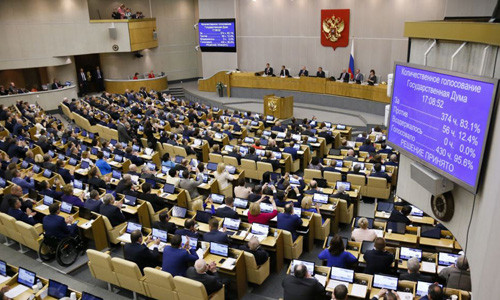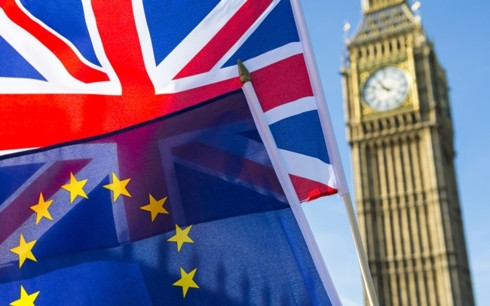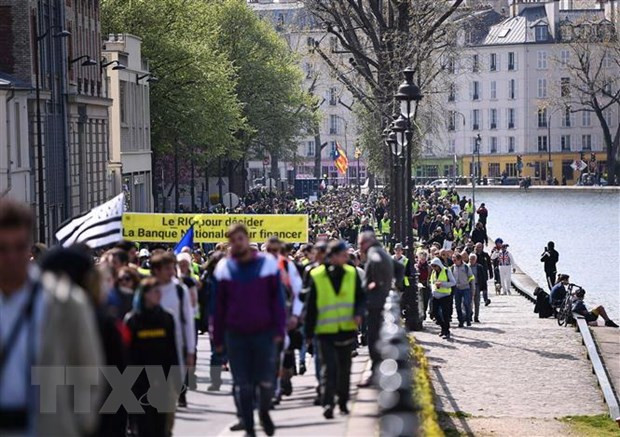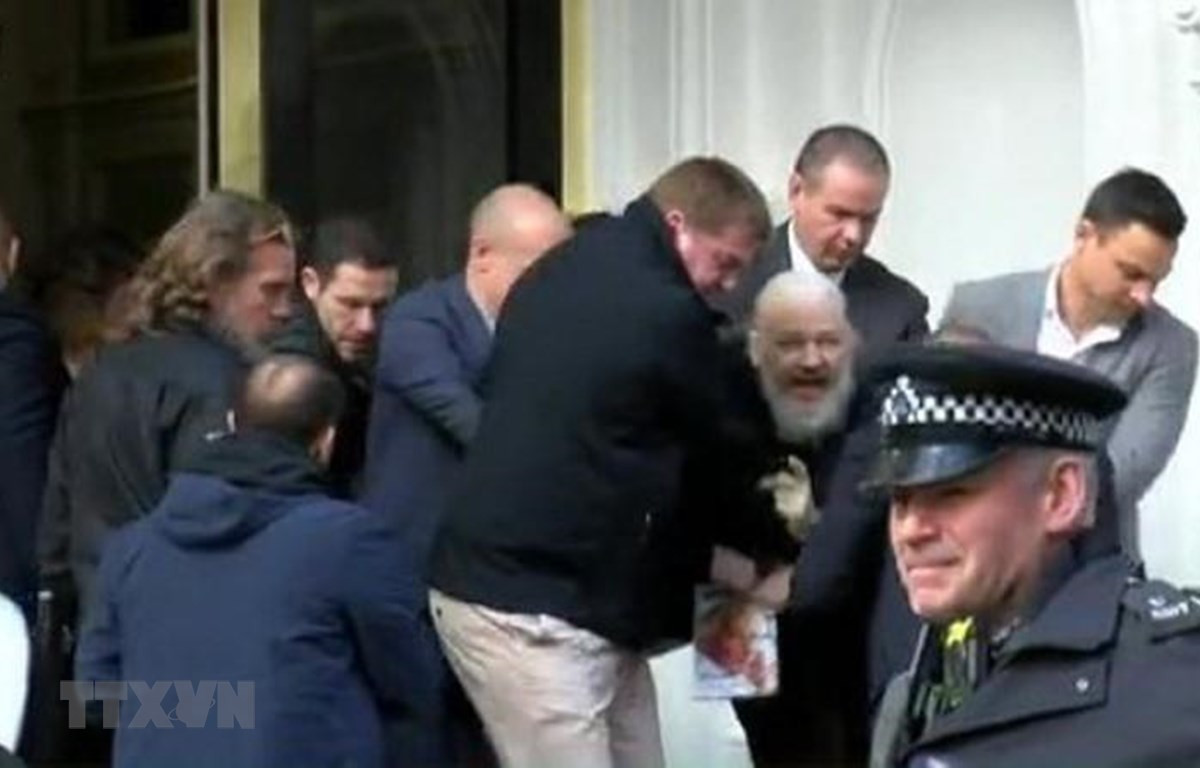Russian Lower House approves bill to cut off internet connection; Sudanese military staged a coup, arrested the President
(Baonghean.vn) - Sudanese military staged a coup, arrested the President; Russian House of Representatives approved a bill allowing Internet disconnection; EU agreed to extend Brexit until the end of October; British police said they arrested the WikiLeaks owner because of the US... are the world's top news in the past 24 hours.
Sudanese military staged a coup and arrested the President.
|
Sudanese President Omar al-Bashir. Photo:AP |
"As defense minister, I announce that the regime has been overthrown and the head of the regime is being held in a safe place," Sudanese Defense Minister Awad Ibnouf announced on state television on April 11. The newly formed military council declared a ceasefire across Sudan, including Darfur, a conflict zone in the west of the country. Ibnouf said the military council would replace the president for two years and that Sudan's 2005 constitution had been "suspended." Security agencies had previously announced that they would release all political prisoners.
Since early this morning, military vehicles carrying soldiers and security forces have been deployed throughout the center of the capital Khartoum. A group of soldiers raided the office of the Islamic Movement, a component of the ruling National Congress party.
Russian State Duma approves bill allowing internet disconnection
 |
Russian MPs attend a meeting at the State Duma in May 2018. Photo:AP. |
On April 11, the State Duma, the lower house of Russia's parliament, approved a bill allowing the country to cut off Internet access from foreign servers by a vote of 320 to 15. The bill, dubbed "sovereign Internet" by Russian media, will officially become law and take effect on November 1. The bill allows Russia to create technology to monitor Internet traffic and redirect Russian users away from foreign servers.
The Russian military announced last month that it has begun building its own internet network, called the Multi-Service Information Transmission Network (MTSS), in a two-year project, with the first phase due to end in late 2019. The MTSS uses fiber optic cables, has its own search engine, and a cloud computing service similar to iCloud to serve the needs of the force.
EU agrees to extend Brexit until end of October
 |
| (Photo: Europa EU). |
Following the UK's request to postpone Brexit until the end of June 2019, EU leaders had a tense meeting that lasted from the evening of April 10 (European time) and only reached a consensus in the early morning of April 11.
Accordingly, the EU agreed that the new Brexit deadline will be October 31, 2019, right before the new European Commission officially comes into operation. This is a flexible deadline, from now until this point, the UK can leave the EU at any time if the British House of Commons ratifies the withdrawal agreement reached with the EU at the end of 2018.
British police say they arrested WikiLeaks boss because of America
|
British police escort WikiLeaks founder Julian Assange (white hair) out of the Ecuadorian embassy in London on April 11. Photo:Rupity/VNA |
Julian Assange, founder of WikiLeaks, was arrested by British police on April 11 at the Ecuadorian Embassy in London, where he had sought political asylum since 2012. Ecuadorian President Moreno wrote on Twitter that Ecuador "decided to end the asylum regime with Julian Assange for violating international conventions and practices."
London police said they arrested Mr. Assange on behalf of the United States. Shortly after the arrest, the United States filed an extradition request for the Wikileaks founder. The United States had issued an arrest warrant for Julian Assange for leaking thousands of state secrets in 2010.
France gives police more power to deal with protests
 |
| "Yellow vest" protesters gathered in the La Defense area, west of Paris, France, April 6, 2019. Photo: AFP/TTXVN |
According to AFP, the French Official Gazette reported on April 11 that President Emmanuel Macron has signed into law a law giving security forces more power to deal with protests that opponents accuse of violating citizens' freedoms. The law was passed by lawmakers in February, aiming to crack down on violence caused by the "yellow vest" protest movement, which broke out in the country in November 2018.
On the same day, French Interior Minister Christophe Castaner posted a status on Twitter, welcoming the law as a "document that protects France in the face of insecurity and violence. It is a document that protects our institutions and freedoms."




